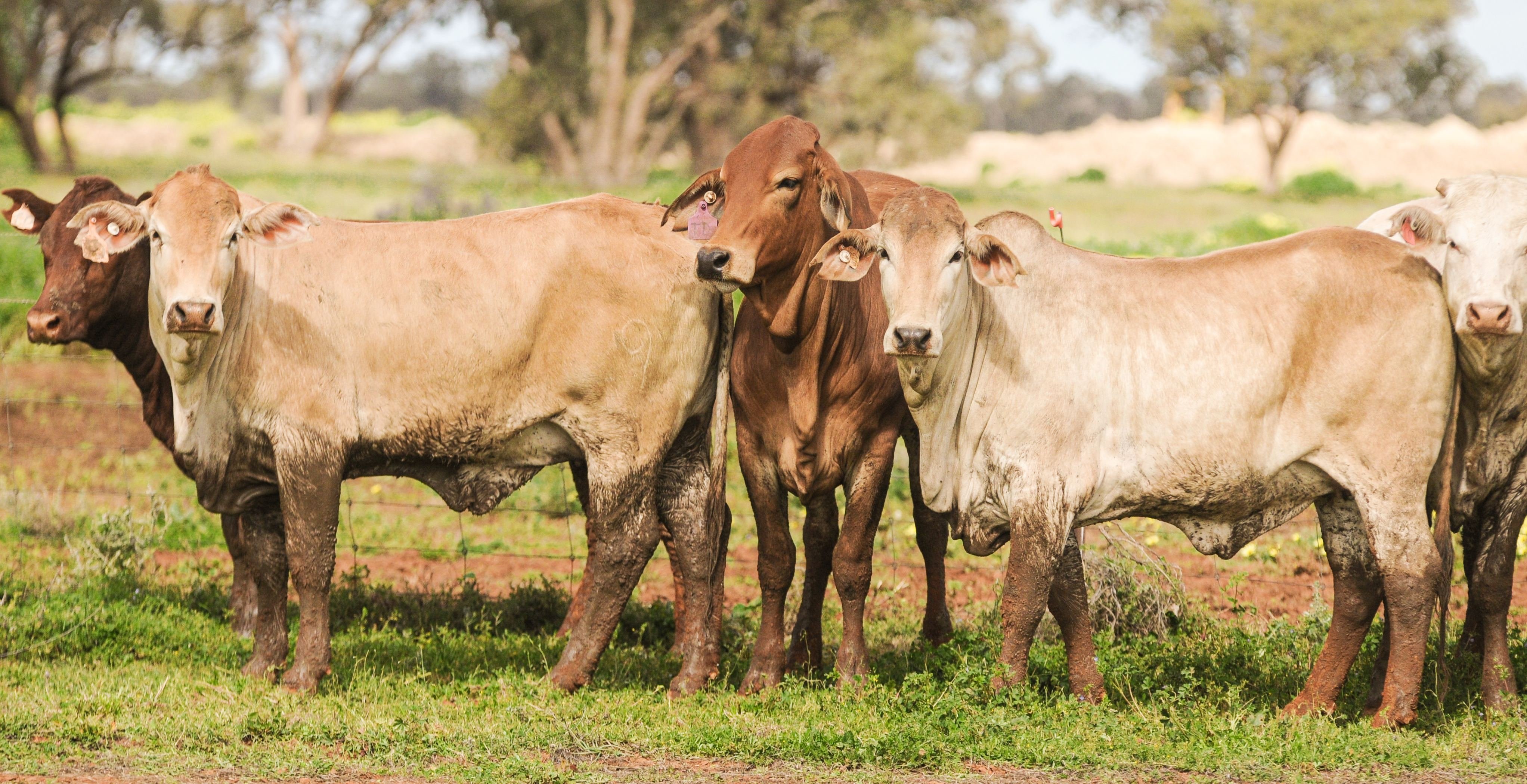
Expectations that a recent case of atypical mad cow disease in the US will not impact trade have held up, though analysts are still watching closely for any sign of market changes.
Last week, the US Department of Agriculture announced an atypical case of bovine spongiform encephalopathy (BSE) in a cow at a slaughter plant in Southern Carolina, reporting the animal had never entered slaughter channels and at no time presented a risk to the food supply chain or human health.
A radio frequency identification tag present on the animal has been linked with a herd in Tennessee, and investigations are ongoing in both South Carolina and Tennessee.
This is the seventh detection of the disease in the US – six of which have been atypical (H- or L-type) BSE.
Given the country’s negligible risk status for BSE, and the trade agreements they have in place with importing countries, the government said it was unlikely there would be any trade impacts as a result of the finding.
It’s a stark contrast to the confirmation of an atypical BSE case in Brazil earlier this year, which triggered a voluntary suspension of their exports to China and reportedly cost Brazil’s beef industry up to $25 million a day.
Rabobank senior protein analyst Angus Gidley-Baird said the US case would be an interesting test for global trade arrangements and partnerships.
“Atypical cases previously have not resulted in a change in US trade, so if you go on a historical context, it’s probably unlikely we’ll see any change to global trade at all,” Mr Gidley-Baird said.
“It’ll be interesting though, and we’re all watching and waiting at the moment to see if there is any reaction from China, but there’s no indication so far.”
Hypothetically speaking, should the US lose access to China, Mr Gidley-Baird said the benefit for Australian beef producers would come more in the form of price increases, than market access opportunity.
“China would need to find a quantum of imports that the US has supplied, similar to what Australia’s supplied, but it’s not like there’s a pile sitting somewhere ready to fill that gap,” he said.
“The benefit would probably be felt more through the pressure it would place on prices, just given the limited volumes of beef that are in the market - you can’t just dial it up and in the space of a month double your export volumes to a country.”
Despite a lack of quick action from importing countries, which often occurs when animal disease cases are suspected or confirmed, the possibility of volatility in the market remains.
And it comes at a time when the global beef market is already ‘quite tight’, Mr Gidley-Baird said.
“Supply is reasonably limited; we’ve got declining production in the US, and increasing production in Australia and Brazil, but we feel that on balance that’s neutral so any growth in demand is effectively competing for what is available out there at the moment.
“The limited supply in the global market is continuing to hold prices pretty favourably at the moment, and things like this in the system will potentially lead to some caution and potential volatility.”
 Results
Results-3.png)

